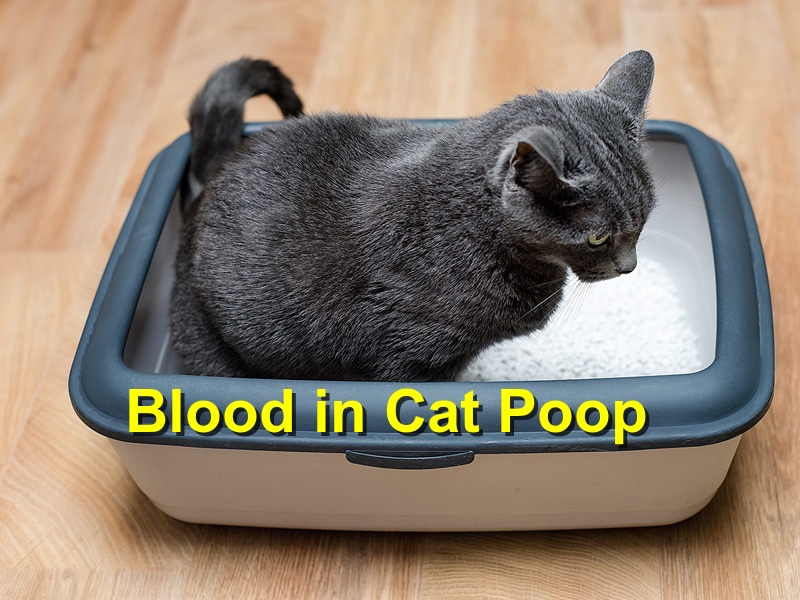What To Do About Blood In Cat Poop?
Unfortunately, most non-cat people usually don’t time to inspect their cats litter boxes when emptying it. However, a cat’s poop has many clues as to whether your cat is healthy and in good shape. So, you should check your cat’s litter box regularly to ensure everything is in good condition. For instance, if your cat’s poop has traces of blood, then there’s an underlying health condition.
What cause traces of blood in feline poop and how do you treat the condition? Well, read on to learn what to do when you spot blood in your cat’s pop.
How to identify blood in feline poop
A healthy cat usually has a firm, cylindrical, and brown poop. That said, change in health and diet can alter these factors. While most abnormal conditions correct themselves right away, some conditions are unable to go away on their own. For that reason, blood in feline poop necessitates immediate medical attention.
For starters, remember that blood in feline poop varies from one cat to the next. And most of the time, it is difficult to spot the blood if you aren’t attentive. Blood in feline poop is often subtle and appears as small flecks. What’s more, the color of the poop can indicate where the blood in sipping from the cat’s digestive system.
For example, light or bright red blood often originates from the cat’s lower intestinal system. On the other hand, blackish or dark red blood comes from somewhere further up the cat’s intestinal tract. It usually signifies a dire health issue for your cat.
What causes traces of blood in feline poop?
Pinkish or light red blood droplets in the cat’s stool can indicate a sign of inflammation. The gastrointestinal tract is vulnerable to inflammation and this causes blood traces in the feline’s poop. But this is not a serious condition for your cat, especially if your cat is active and eating normally. Often, the inflammation can be caused by manageable conditions that are caused by parasites.
Unfortunately, GI issues aren’t visible in a cat’s blood work. So, the best thing is to visit the vet to get expert opinion on how to address the problem.
Conclusion
Cat owners are advised to check their litter boxes carefully when emptying them. And if they spot blood traces in the stool, they should seek immediate vet care to identify the underlying condition and treat it accordingly.
References: Catster, Pet health network, Pet Life Today




